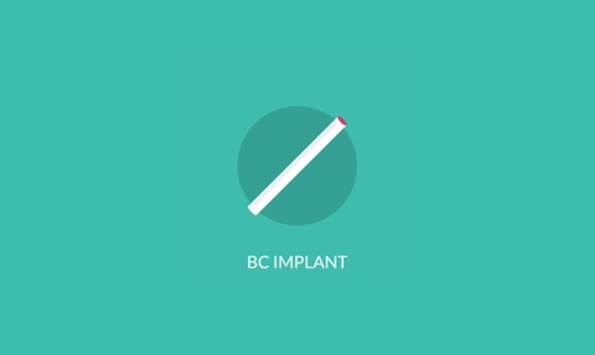Definition:
It is the loss of pregnancy before week 20.
The risk of miscarriage increases with the increase number of previous miscarriages.
Miscarriage occurs in 20% of recognized pregnancy.
Causes of miscarriage:
1. Chromosomal abnormalities with the embryo.
2. Medical conditions with the mother such as:
A. Fibroids and polyps.
b. Uncontrolled diabetes.
3. Direct impact or injury to the uterus.
4. Tests like horionic villus sampling or amniocentesis
While exercising and intercourse do not cause miscarriage.
Risk factors:
The following factors may increase the possibility of miscarriage:
1. Previous miscarriages.
2. Age: age >35 years. due to its relation with chromosomal abnormalities.
3. Obesity: BMI greater than 25.
4. Infections such as syphilis.
5. Thyroid problems.
6. Subchorionic hemorrhage.
7. Smoking.
8. If pregnancy happened with IUD in place (rare). (To read more: Conception with IUD)
9. Exposure to pollutants, can affect the growth of cells.
10. Exposure to ionizing radiation such as x-rays.
Symptoms:
1. Bleeding
2. Passing clots or tissues
3. Cramps
4. Decline in pregnancy symptoms such as morning sickness
But some ladies experience some bleeding during the first trimester that will not result into miscarriage.
Some women show no symptoms of miscarriage and is discovered spontaneously during a regular early pregnancy check-up.
Diagnosis:
1. Trans-abdominal ultrasound, followed by trans-vaginal ultrasound if needed.
2. Blood test (HCG) to check pregnancy hormones level.
3. Fetal heart evaluation.
Threatened Miscarriage:
It is when:
1. the mother experiences some bleeding in an early stage of pregnancy.
2. The cervix is closed.
3. Uterus is the correct size comparing with the estimated gestational age.
The cause is mostly unknown.
The mother should visit her doctor immediately.
The mother is advised to rest, avoid intercourse and heavy lifting.
Progestin supplementation might be used, though it is not scientifically proven regarding its effectiveness in preventing miscarriage.
The use of Human chorionic gonadotrophin (hCG) or tocolytics do not show any significant difference in avoiding miscarriage.
The pregnancy is monitored weekly with ultrasound.
In 50% of threatened miscarriages, the pregnancy continues until the end. While the other half of the cases results into miscarriage.



